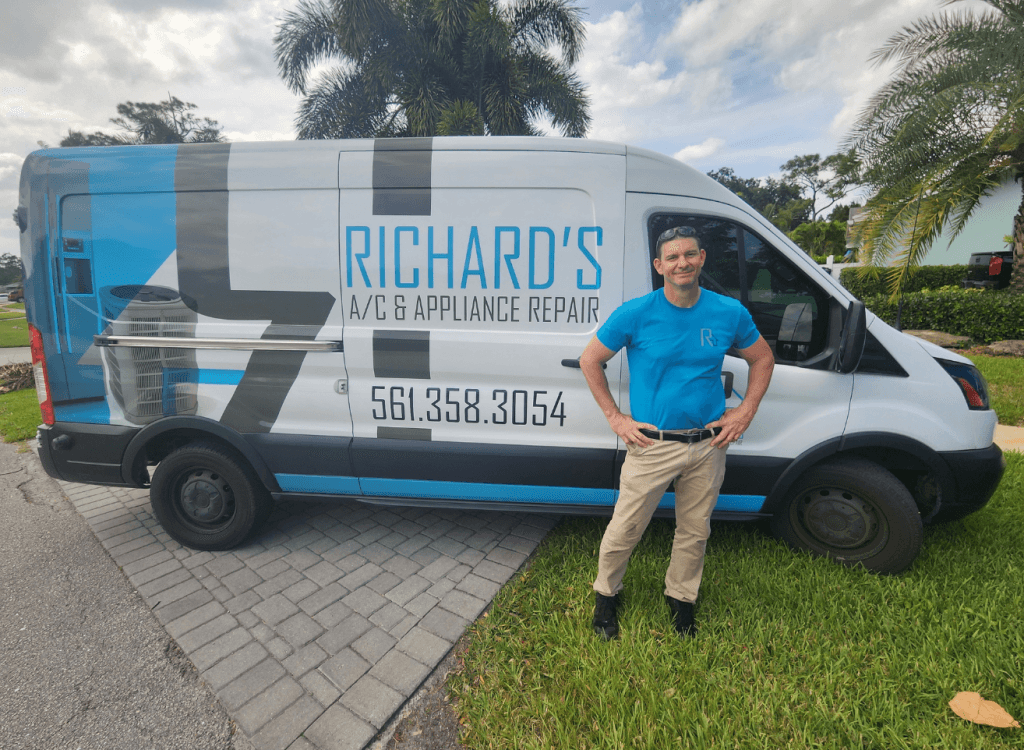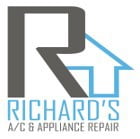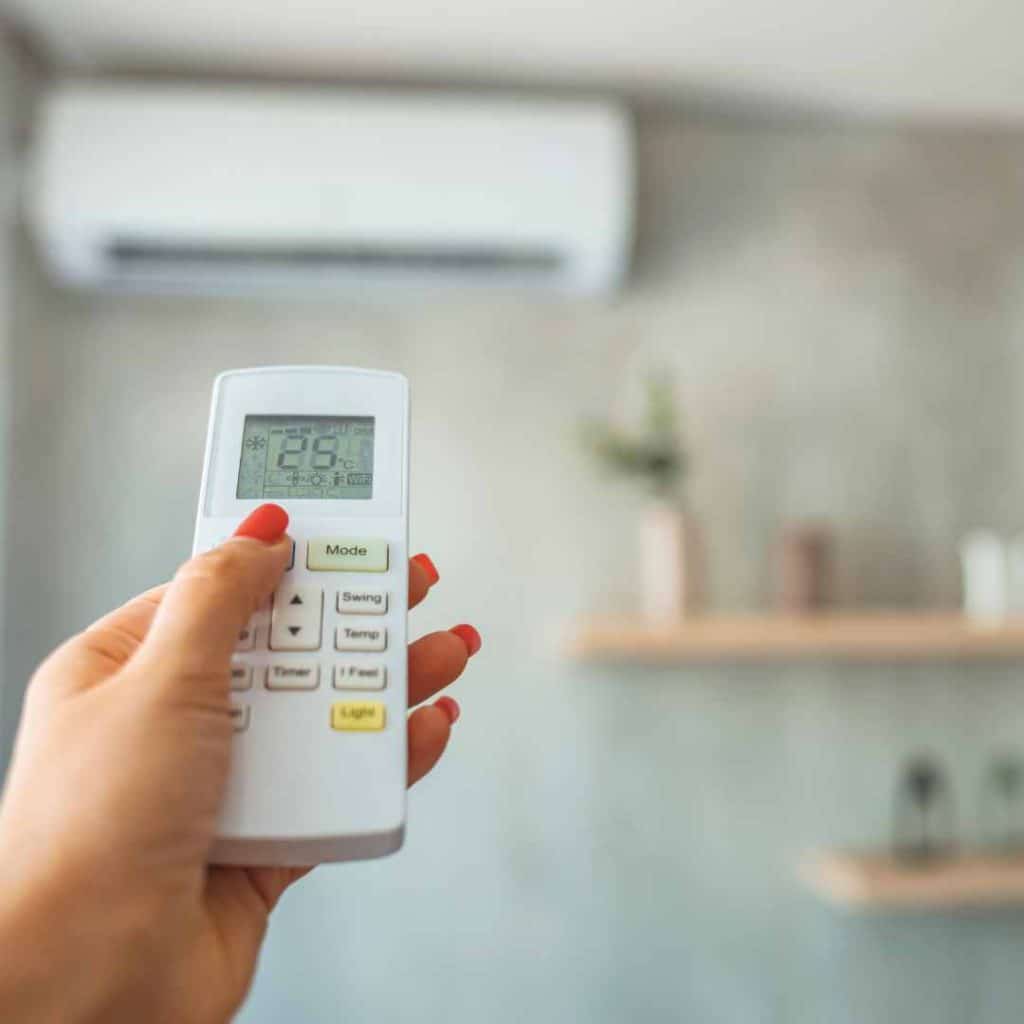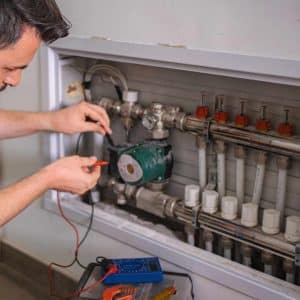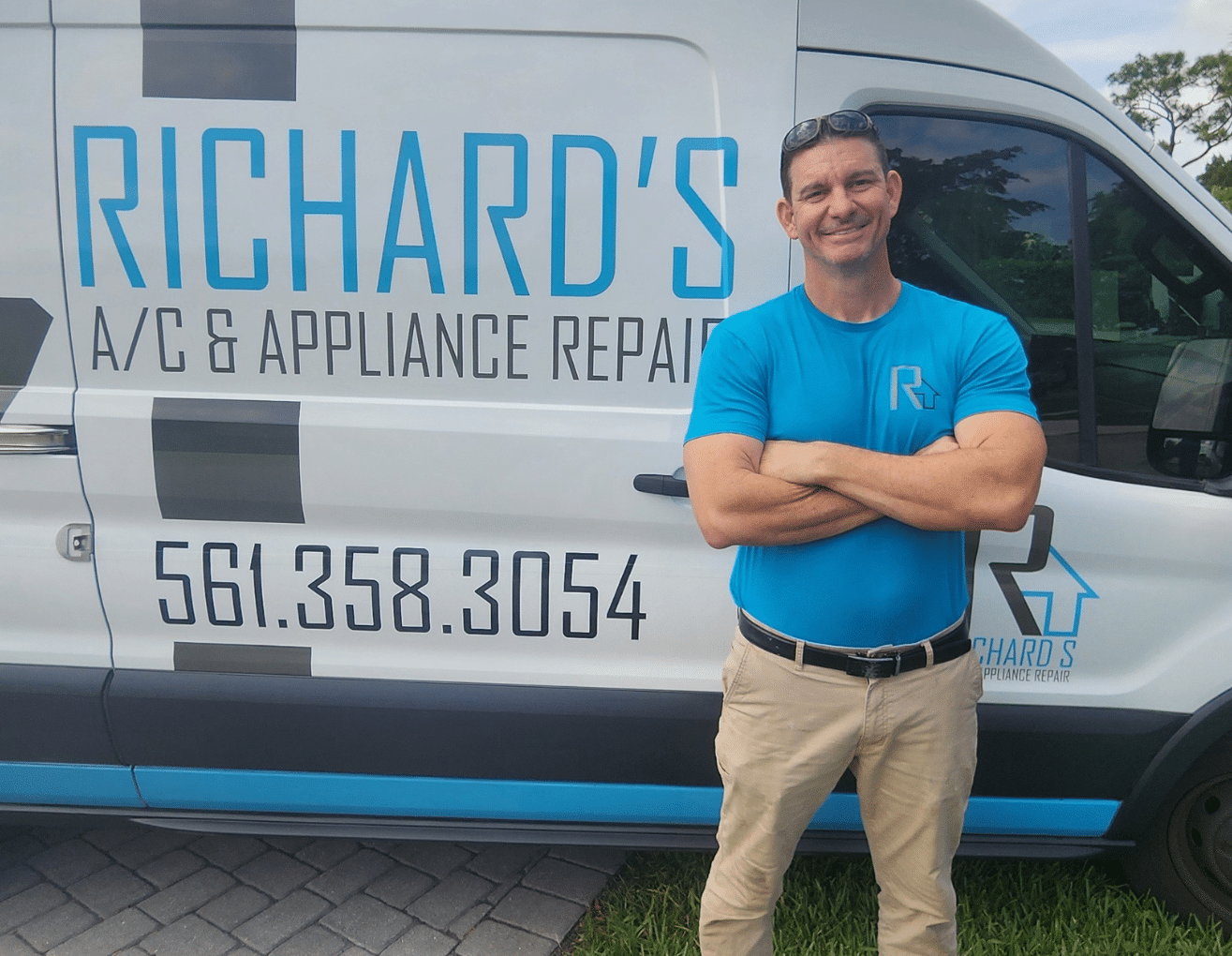When the Florida summer arrives in full force, our air conditioners become the undisputed MVPs of our homes, working tirelessly to provide a cool escape from the sweltering heat and humidity. Because they work so hard, it’s easy to take them for granted – until something goes wrong. While modern AC systems are built to be robust, certain common habits or oversights can significantly hinder their performance, inflate your energy bills, reduce their lifespan, and even lead to uncomfortable (and costly) breakdowns right when you need cooling the most.
The good news is that many of these issues are entirely preventable. By understanding these common blunders and taking simple, proactive steps, you can ensure your AC runs efficiently, reliably, and effectively all summer long. Let’s dive into the top 5 mistakes Florida homeowners often make with their air conditioners during the summer and, more importantly, how you can avoid them with a little know-how and help from your trusted experts at Richard’s AC.
Don't Let These Common AC Blunders Spoil Your Florida Summer
Avoiding these pitfalls isn’t just about preventing problems; it’s about optimizing your comfort, managing your energy expenses, and protecting a significant investment in your home. Here are the mistakes to sidestep:
Mistake #1: Neglecting Air Filter Changes
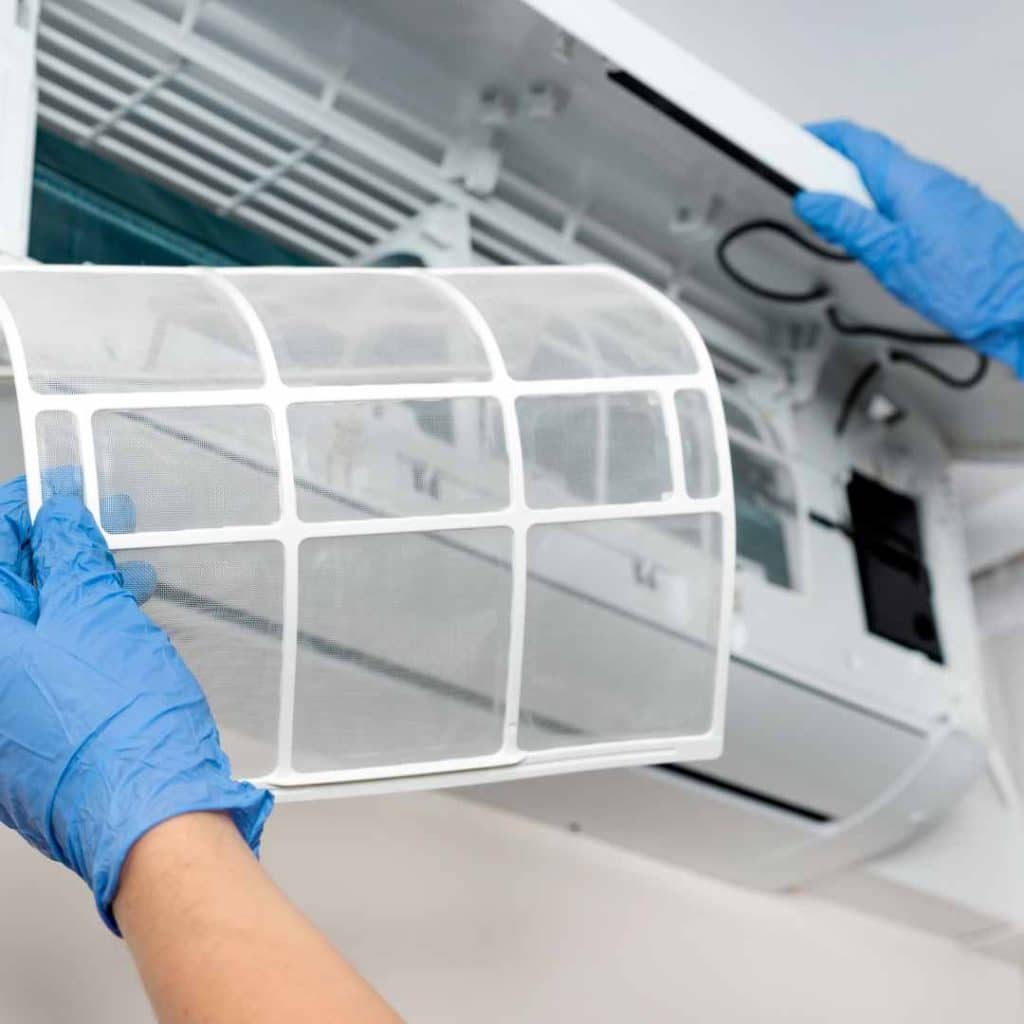
The Mistake:
This is perhaps the most common and easily avoidable mistake – forgetting to regularly check, clean, or replace the air filter in your AC system. Life gets busy, and it’s an “out of sight, out of mind” component for many.
Why It’s a Problem in Florida:
Our long and intense cooling season means your AC is constantly pulling air through that filter. In Florida, this air is often laden with dust, pollen (especially during spring and early summer), pet dander, and humidity. A dirty, clogged filter becomes a dense barrier, severely restricting airflow. This has multiple negative consequences:
- Reduced Efficiency: Your AC fan motor has to work much harder to pull air through a clogged filter, consuming significantly more energy for less cooling output.
- System Strain: The increased workload puts unnecessary strain on various components, leading to premature wear and tear.
- Poor Indoor Air Quality: A dirty filter can no longer effectively trap new airborne particles and can even become a breeding ground for mold or bacteria, which then get circulated back into your home.
- Frozen Evaporator Coils: Severely restricted airflow can cause the temperature of the indoor evaporator coils to drop below freezing. Moisture in the air then freezes onto the coils, forming a block of ice that further obstructs airflow and can lead to system shutdown or water leaks when it melts.
- Potential Breakdowns: Over time, the strain from a consistently clogged filter can lead to more serious component failures.
The Fix: Make it a habit!
- Check Monthly: Inspect your air filter at least once a month, especially during peak summer usage.
- Replace as Needed: Replace disposable filters every 1-3 months, depending on the filter type, your household environment (pets, allergy sufferers), and how quickly it gets dirty. Some pleated filters might last longer, but regular checks are still key.
- Set Reminders: Use your calendar, smartphone, or even your smart thermostat (many have filter change reminders) to prompt you.
- Use Quality Filters: Consider filters with a MERV rating appropriate for your system (often MERV 8-11 for good balance of filtration and airflow). If you have questions about the right filter, Richard’s AC can advise.
Mistake #2: Setting the Thermostat Too Low (Chasing Frigid Temps)
The Mistake:
When it’s blazing hot outside, it’s tempting to crank the thermostat down to a very low temperature (e.g., 68°F or even lower), thinking it will cool the house down faster or provide ultimate comfort.
Why It’s a Problem in Florida:
Your air conditioner removes heat from your home at a relatively constant rate, determined by its size and efficiency. Setting the thermostat to an extremely low temperature doesn’t make it cool any faster; it simply tells the AC to run continuously until that very low (and often unachievable or uncomfortable) temperature is met. This leads to:
- Massive Energy Waste: The longer your AC runs, the more electricity it consumes. Trying to maintain an arctic indoor temperature when it’s 95°F outside means your unit will run almost non-stop, sending your energy bills through the roof.
- Excessive Wear and Tear: Constant, prolonged operation puts immense strain on all AC components, potentially shortening their lifespan.
- Poor Dehumidification (Potentially): While ACs dehumidify as they cool, some systems, if constantly trying to reach a very low temperature, might not run ideal cycles for optimal moisture removal, leaving the air feeling cold but clammy.
- Potential for Frozen Coils: In some cases, running the AC too hard for too long can contribute to the evaporator coils freezing up.
The Fix: Aim for a reasonable and comfortable temperature.
- Find Your Sweet Spot: The U.S. Department of Energy recommends around 78°F when you’re home for optimal energy savings, but personal comfort varies. Experiment to find the highest comfortable setting for your household.
- Use Ceiling Fans: Ceiling fans create a wind chill effect, making you feel several degrees cooler, allowing you to set the thermostat a bit higher.
- Gradual Adjustments: If you want to cool the house down, make small, gradual adjustments rather than drastic ones.
- Consider a Smart Thermostat: As discussed in previous posts, smart thermostats offer better scheduling and remote control to manage temperatures efficiently. Richard’s AC can help with installation and advice.
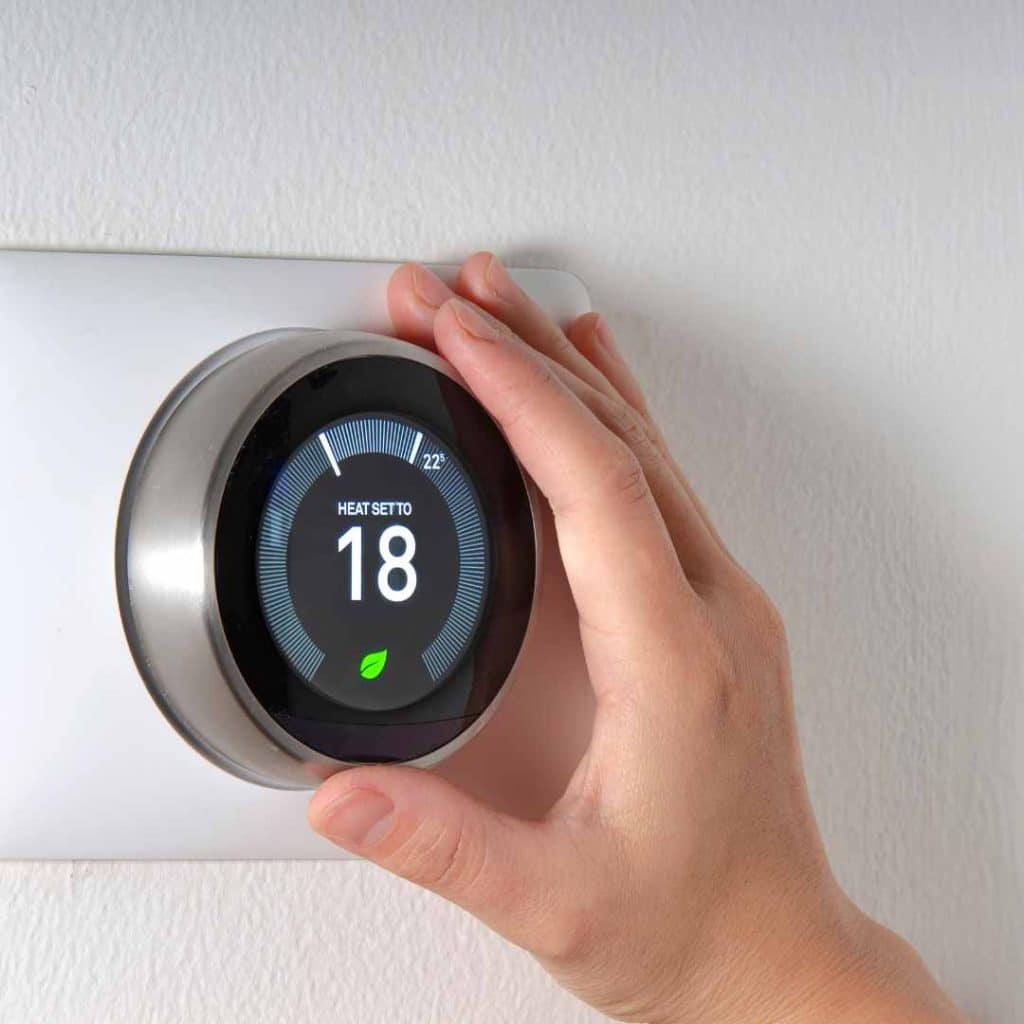
Mistake #3: Ignoring Strange Noises or Odors
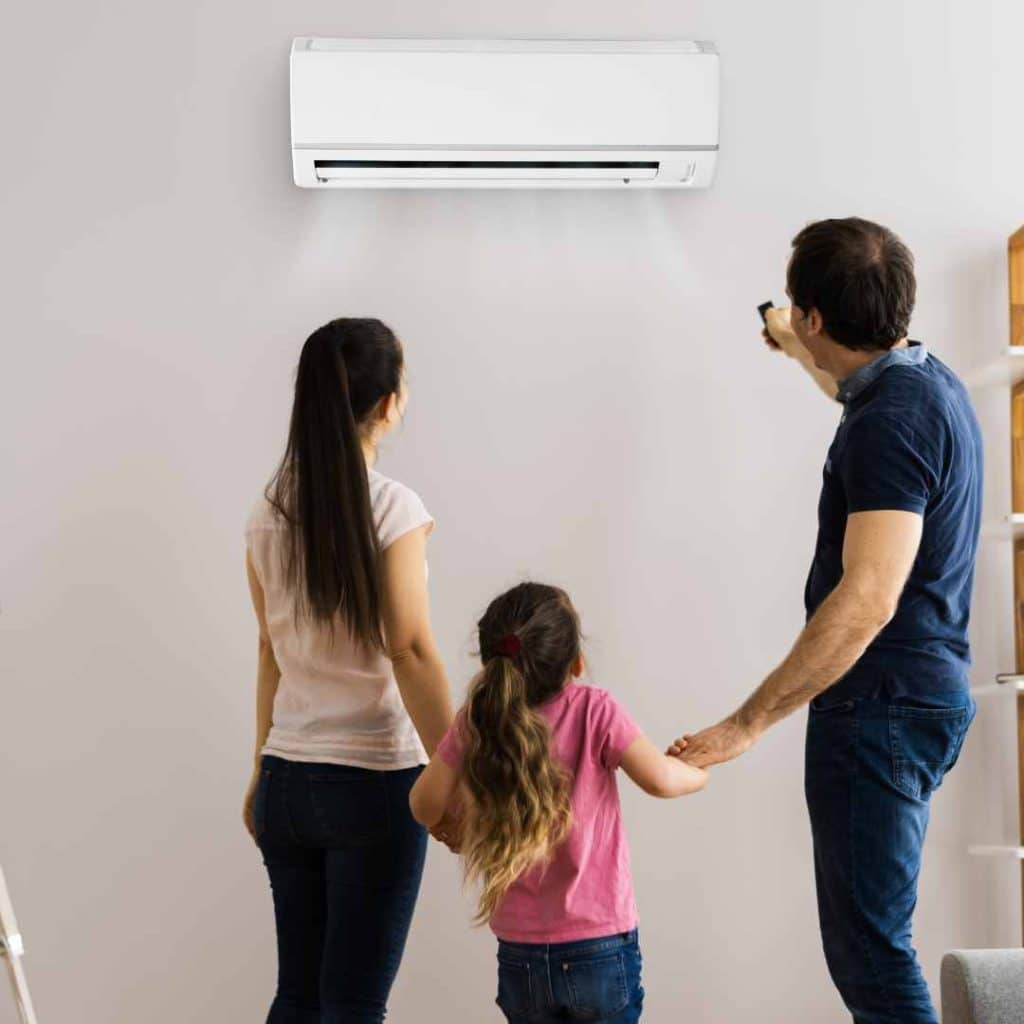
The Mistake:
Your AC starts making a new rattling sound, a high-pitched squeal, or emits a musty smell, and you cross your fingers hoping it will just resolve itself.
Why It’s a Problem in Florida:
Unusual sounds and odors are your AC’s way of signaling that something is wrong. Given the heavy workload during Florida summers, these early warning signs, if ignored, can quickly escalate into major component failures, leaving you without cooling during the hottest part of the year.
- Noises (Grinding, Squealing, Rattling, Buzzing): Can indicate failing motor bearings, a loose belt, debris in the unit, loose parts, or electrical issues.
- Odors (Musty, Burning, Chemical): Can point to mold growth in the system or ductwork, an overheating electrical component, or even a refrigerant leak.
The Fix: Be attentive to your AC
- Investigate Safely: If you hear a new noise, try to pinpoint its source (indoor or outdoor unit). If it’s the outdoor unit, check for obvious debris like fallen branches.
- Don’t Delay, Call a Professional: For any persistent or concerning new noises or smells, especially burning odors, turn off the system and call Richard’s AC immediately for a professional inspection. Early intervention is almost always less expensive than waiting for a complete breakdown.
Mistake #4: Blocking Air Vents and Registers
The Mistake:
Homeowners sometimes close air vents in rooms they don’t use often, thinking this will save energy by redirecting cool air to other areas. Alternatively, vents get unintentionally blocked by furniture, rugs, drapes, or other household items.
Why It’s a Problem in Florida:
Most residential HVAC systems are designed for balanced airflow. When you close off vents, it disrupts this balance. This can:
- Increase Pressure in Ductwork: Potentially leading to air leaks in other parts of the duct system.
- Strain the Blower Motor: Making it work harder to push air through a more restrictive system.
- Reduce Overall Efficiency: The system may not cool your home as effectively or evenly.
- Cause Frozen Coils: In some cases, reduced airflow over the evaporator coil can cause it to freeze.
The Fix: Allow air to flow freely
- Keep Vents Open: As a general rule, keep most, if not all, of your supply vents open.
- Ensure Clearance: Make sure furniture, drapes, and other items are not blocking air registers (both supply and return vents). Allow at least a few inches of clearance.
- Consider Zoning for Specific Control: If you truly want to control temperatures in different areas independently, discuss HVAC zoning options with a professional from Richard’s AC, rather than simply closing vents.
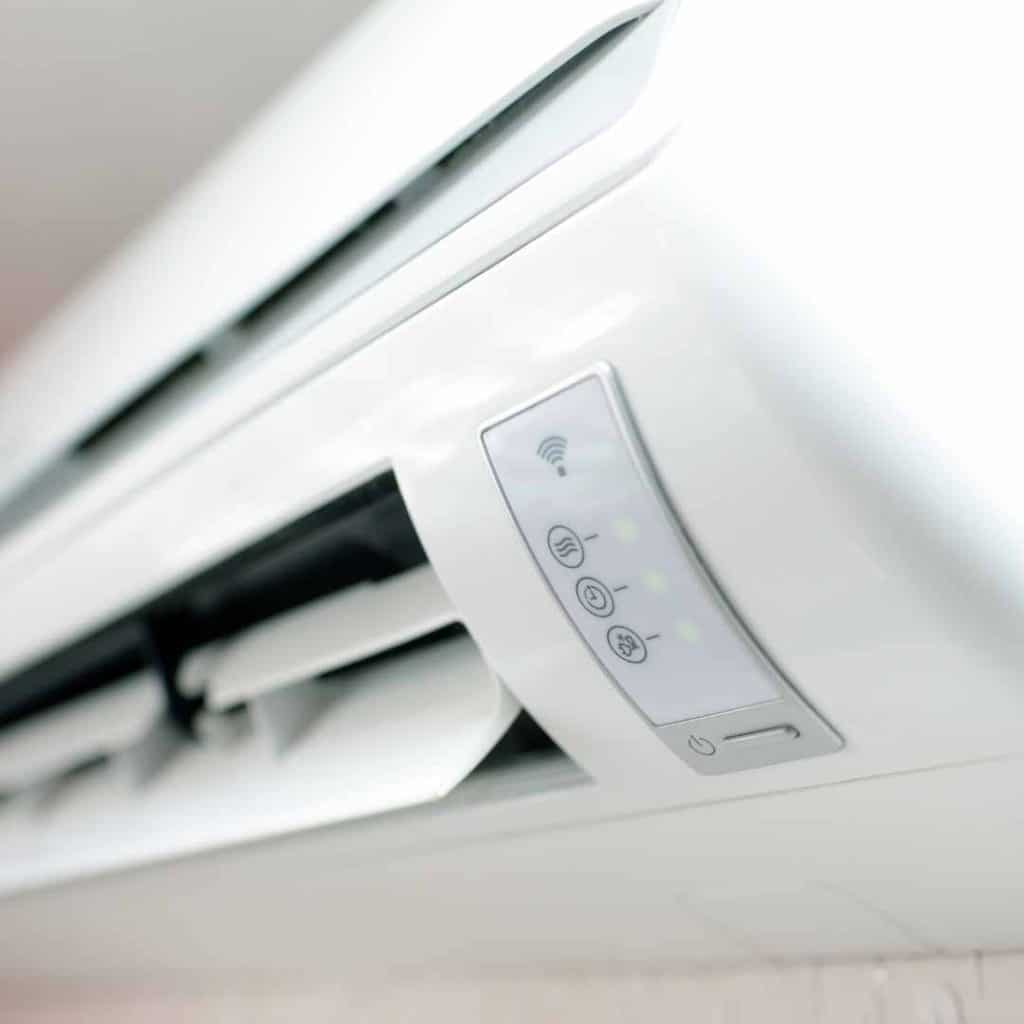
Mistake #5: Skipping Professional Preventative Maintenance
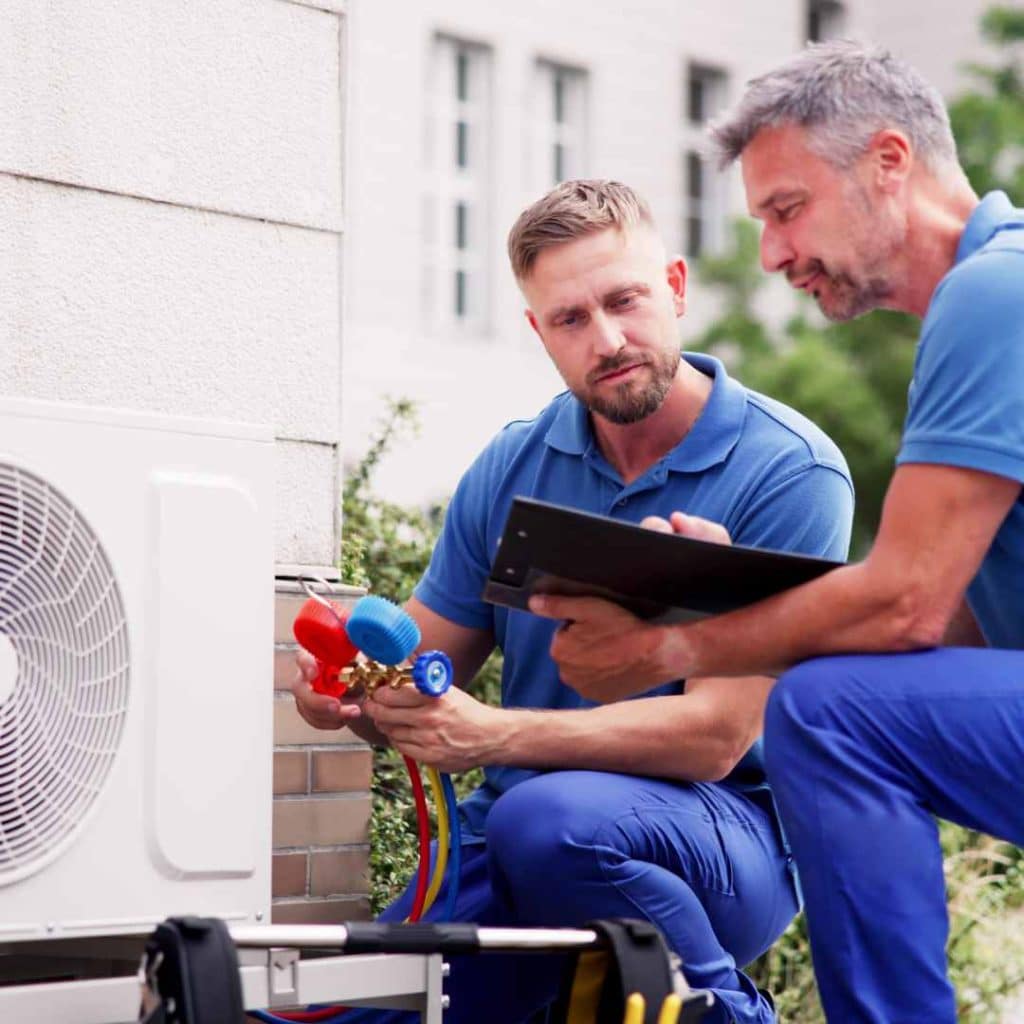
The Mistake:
Believing that if the AC seems to be working okay, or if you change the filter occasionally, professional maintenance isn’t really necessary.
Why It’s a Problem in Florida:
The intense and prolonged Florida cooling season is the ultimate stress test for any AC unit. Without an annual (or ideally, bi-annual) professional tune-up, your system is highly likely to:
- Lose Efficiency Gradually: Dirt accumulates on coils, refrigerant levels might slowly drop due to tiny leaks, and electrical components can wear – all leading to higher energy consumption.
- Be More Prone to Breakdowns: Minor issues that a technician would spot during maintenance (like a failing capacitor or a loose wire) can escalate into major failures under summer stress.
- Have a Shorter Lifespan: The cumulative effect of running inefficiently and with unaddressed wear and tear can significantly shorten the operational life of your AC.
- Develop Hidden Problems: Issues like small refrigerant leaks or early signs of motor failure might not be obvious to a homeowner but are detectable by a trained technician.
The Fix: Invest in your AC's health and longevity
- Schedule Regular Tune-Ups: Make professional preventative maintenance a non-negotiable part of your home care routine. Richard’s AC offers an affordable Preventative Care Plan for just $160 a year, which includes comprehensive checks, cleaning, and adjustments to keep your system in top shape. This small investment can save you significantly on energy bills and repair costs over time.
Smart AC Habits for a Trouble-Free Florida Summer
Avoiding these common mistakes isn’t complicated, but it does require a bit of awareness and proactive care. By treating your air conditioner with the attention it deserves, especially before and during the demanding Florida summer, you’ll be rewarded with more reliable cooling, lower energy bills, better indoor air quality, and a longer lifespan for your system.
Need Help Avoiding These Mistakes? Richard’s AC is Here!
If you’re unsure about any aspect of your AC’s operation, need advice on the right filters, are considering a smart thermostat, or want to schedule that crucial preventative maintenance, Richard’s AC is ready to help. Our experienced, friendly technicians provide honest advice and expert service.
Don’t let common AC mistakes ruin your summer! Contact Richard’s AC today for service or expert advice.
Call us at and let us help you keep your cool efficiently and reliably all season long!
